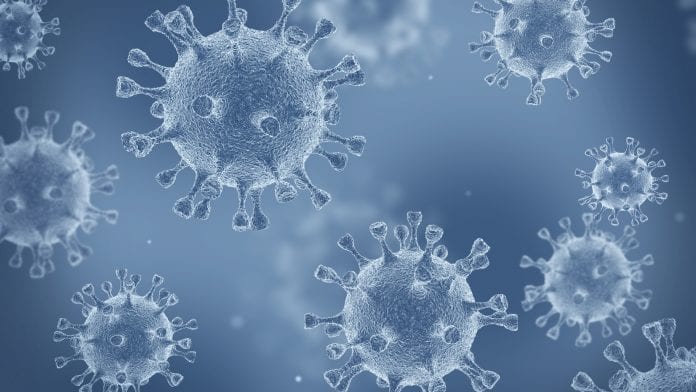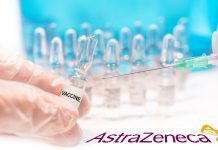
A new study has shown that people who have previously contracted COVID-19 have significantly higher T cell and antibody responses following a single dose of Pfizer/BioNTech vaccine compared with uninfected individuals.
The collaborative study funded by the Department of Health and Social Care and supported by the UK Coronavirus Immunology Consortium has found that, while both groups show robust immune responses after one dose, the higher response experienced by previously infected individuals likely represents a ‘boost’ to their immune defences, providing further protection against contracting COVID-19.
Researchers from the Universities of Sheffield, Oxford, Liverpool, Newcastle, and Birmingham studied 237 healthcare workers, 113 of whom had previously been infected with COVID-19 for the PITCH study.
The study has been published as a preprint with The Lancet.
Boosting immune responses
The study set out to examine immune responses after one dose of the Pfizer/BioNTech vaccine in individuals with and without a previous history of infection from the virus.
Out of 124 healthcare workers who had not previously had COVID-19, 103 were given one dose of the vaccine and 21 were given two doses, with a gap of 23 days between doses.
The researchers took blood samples from participants before vaccination and 28 days after to measure various aspects of the immune response, including antibodies and T cells. A range of analyses were used to examine aspects of the T cell response.
The team found that one dose of the Pfizer/BioNTech vaccine generated antibody and T cell responses in all but one of the 103 participants who had not been previously infected. These responses were at a similar level or higher to those observed in individuals who had previously been infected with SARS-CoV-2 but were yet to be vaccinated.
After one dose of the vaccine, participants who had prior SARS-CoV-2 infection showed significantly higher antibody and T cell responses compared with individuals who had not been infected, with antibody responses approximately 6.8 times higher and T cell responses approximately 5.9 times higher. The breadth of previously infected individuals’ T cell response expanded after vaccination to recognise more regions of the SARS-CoV-2 Spike protein.
Variants of concern
The previously infected group appear to receive an extra ‘boost’ to their immune defences from vaccination, which could further decrease their risk of infection if they were to come across the virus. The study also found that the high antibody responses in previously infected individuals after vaccination may also retain activity against some SARS-CoV-2 variants of concern.
Dr Lance Turtle, Senior Clinical Lecturer in Infectious Diseases at the University of Liverpool, said: “This study is the first multicentre study to look at immune responses in real world rollout of COVID-19 vaccines in the UK. in the study, we have shown that the response to a single dose of COVID-19 vaccine looks very similar to the natural amenity that is left some months after natural SARS-CoV-2 infection. Although responses to one dose of vaccine are bigger in people who have previously been infected, we recommend people go for their second dose as planned in order to ensure greatest possible protection against new variants of the virus.”
Although more research is needed, particularly regarding the role of T cells, the immune responses observed in both study groups after one vaccine dose are compatible with the substantial protection against contracting severe COVID-19.

























